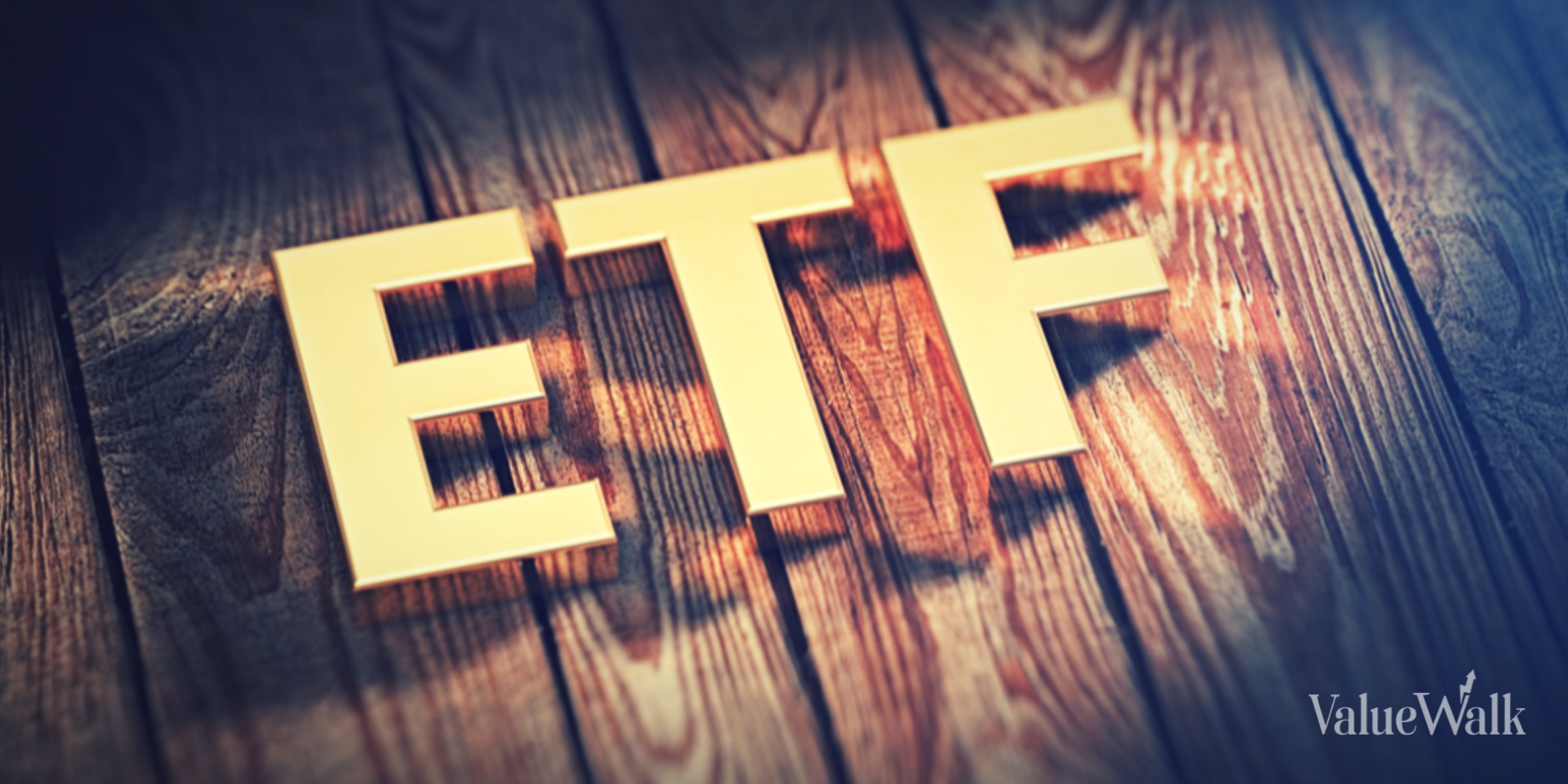3 major small-cap ETFs

Small-cap stocks rebounded in the fourth quarter, returning 13.6%, outpacing the S&P 500, which rose 11.2% for the quarter. Fourth-quarter gains for small-cap stocks accounted for most of the Russell 2000’s returns last year. That’s because the benchmark is up 15% in 2023, lagging the S&P 500’s 24% return.
Analysts expect small-cap stocks to outperform large-cap stocks by 2024, due, among other things, to lower valuations compared to large-cap stocks. Goldman Sachs Group (NYSE:GS) expects the Russell 2000 index to rise 15% in its 2024 outlook. The S&P 500 is expected to rise about 7% this year.
While it’s always a good idea to diversify, this may be an especially good time to add small-cap exposure, especially for those who have been overweight in large-cap stocks. A good way to do this is through small-cap exchange traded funds (ETFs). Small-cap ETFs cover a wide range of areas, so here are a few of the best-performing ETFs with screens designed to generate reliable returns.
Invesco S&P SmallCap Value with Momentum ETF
that much Invesco S&P SmallCap Value with Momentum ETF (NYSEARCA:XSVM) has been one of the best-performing small-cap ETFs over time, and for good reason. It is based on the S&P 600 High Momentum Value Index, which consists of 120 stocks from the S&P SmallCap 600 Index that have the highest value and momentum scores according to a specific methodology. The funds are then weighted by those with the highest value scores. Ultimately, ETFs contain small-cap stocks with attractive valuations that have momentum or catalysts expected to move them forward.
Currently, the top three holdings in this Invesco ETF are Fresh Del Monte Produce (NYSE:FDP), Kohls Corp. (NYSE:KSS), and Genworth Financial (NYSE:GNW).
The ETF has shown stable performance, recording a return of 20.2% in 2023. As of December 31, the five-year annualized return was 17.3% and the 10-year annualized return was 10.1%. It outperformed the S&P SmallCap 600 Index during each period.
Schwab Fundamental U.S. Small Business Index ETF
that much Schwab Fundamental U.S. Small Business Index ETF (NYSEARCA:FNDA) is another small-cap ETF that has beaten the broader small-cap market over time with a more selective approach. The fund tracks the Russell RAFI US Small Company Index, which includes small-cap companies selected based on certain fundamental metrics.
Specifically, stocks are selected using three basic screens: adjusted sales, retained operating cash flow, and dividends and share buybacks. Based on these screens, stocks are scored and weighted in indices and, by extension, funds. Designed to pursue stable small-cap stocks with strong cash flow and earnings.
This Schwab ETF currently has 957 holdings, making it much broader than the Invesco ETF listed above. The three largest positions are Abercrombie & Fitch (NYSE:ANF), EchoStar Corp. (NASDAQ:SATS), and Diversified Healthcare Trust (NASDAQ:DHC).
The ETF returned 20.3% in 2023, a solid long-term return. As of December 31, it has recorded an average annual return of 12.6% over the past five years, and an average annual return of 8.5% over the past 10 years. These results are all better than the Russell 2000 over the same period.
that much iShares US Small Cap Stock Factor ETF (NYSEARCA:SMLF) has also carved out a niche within the small-cap market by tracking the STOXX US Small-Cap Equity Factor Index. The fund includes small-cap stocks selected and weighted based on four target factors: momentum, quality, value, and low volatility.
Momentum criteria include price momentum and earnings momentum. Quality is scored based on total profitability, change in net operating assets, carbon emissions intensity and other factors. Value is judged based on book-to-value ratio, dividend yield, earnings yield, etc., with low volatility based on 12-month trailing volatility.
The portfolio currently consists of 823 holdings, with the largest positions being Builders FirstSource (NYSE:BLDR), First Industrial Realty Trust (NYSE:FR), and Jabil (NYSE:JBL).
The iShares fund was launched in 2015 and does not yet have 10-year performance, but recorded a return of 19.7% in 2023, and has recorded an average annual return of 11.9% over the past five years, as of December 31.
All three of these ETFs offer more targeted exposure to different aspects of the small-cap world, and each has outperformed its broader small-cap benchmarks in recent years.
disclaimer: All investments involve risk. Under no circumstances should this article be taken as investment advice or constitute liability for investment profits or losses. The information in this report should not be relied upon for investment decisions. All investors should conduct their own due diligence and consult their own investment advisors when making trading decisions.



